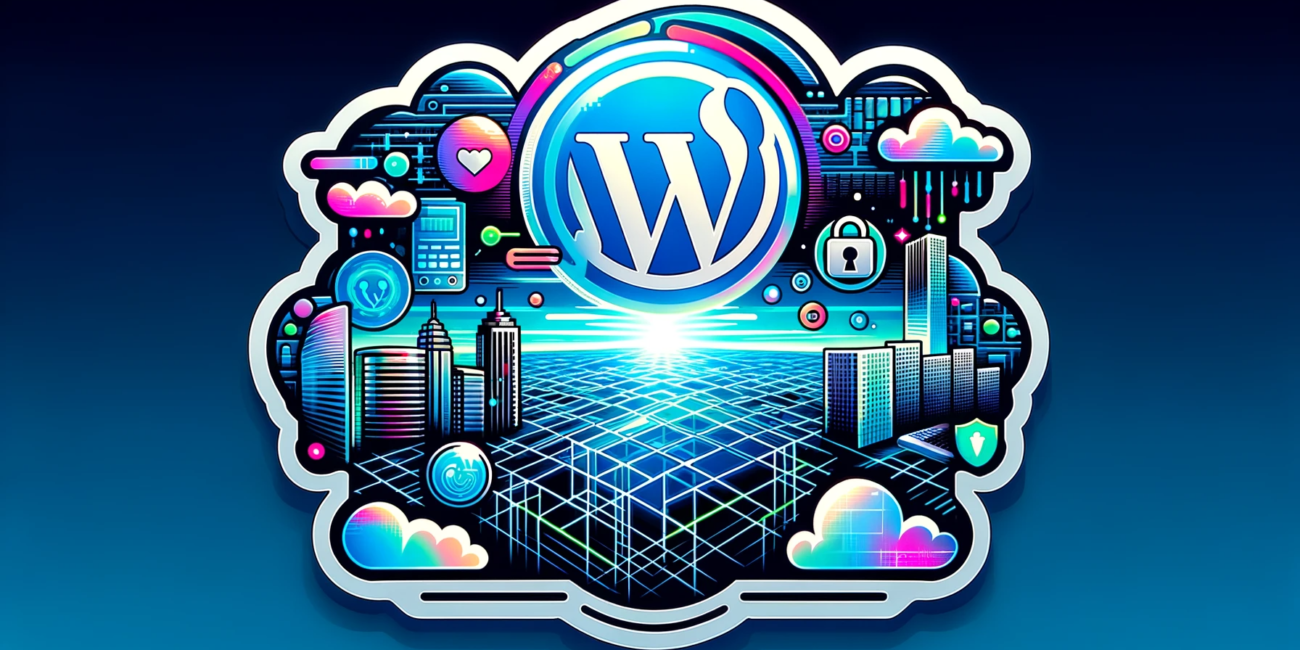
In the ever-evolving landscape of digital content management, one platform has continually risen above the rest, cementing its status as the quintessential choice for creators, entrepreneurs, and businesses alike. As we navigate through 2024, it’s clear that WordPress is not just surviving but thriving, outpacing competitors like Hostinger Website Builder, Wix, Joomla, and Squarespace. Today, I’m diving into the heart of what makes WordPress the unparalleled CMS choice, leaving alternatives like HubSpot Website Builder, Weebly, Shopify, Drupal, Webflow, and Blogger in the shadow of its capabilities.
- WordPress: The Most Secure Environment
In a digital era where security is non-negotiable, WordPress stands out as a fortress. Its unique model of crowd-sourced input on the code has created an ecosystem where security is constantly reinforced. Unlike Joomla or Drupal, where updates and patches might lag, WordPress’s global community ensures rapid responses to vulnerabilities, making it a haven for your content. This crowd-powered vigilance offers peace of mind unmatched by even the robust HubSpot Website Builder or Shopify’s e-commerce sanctuary.
- Unmatched Flexibility: Your Ideas, Realised
Flexibility is the lifeblood of creativity, and WordPress understands this better than any. With the ability to tailor your site with an extensive range of plugins and themes, what you envision can quickly become a reality. While platforms like Wix and Squarespace boast user-friendly designs, they often box you into their parameters. WordPress, conversely, provides the tools to build your dream site, whether it’s scaling a blog into an e-commerce powerhouse or evolving a portfolio into a multimedia hub. Even versatile builders like Webflow and Weebly struggle to match WordPress’s sheer adaptability.
- Cost-Effectiveness: Quality Without the Price Tag
In the world of CMS platforms, getting what you pay for doesn’t necessarily mean breaking the bank. WordPress’s open-source nature makes it a cost-effective champion. While Shopify and Squarespace might lure users with sleek templates and e-commerce integrations, the ongoing costs and transaction fees can add up. WordPress, on the other hand, offers a plethora of free and premium options, allowing you to control your budget without compromising quality. This economic edge is a game-changer, especially when contrasted with the premium plans of Hostinger Website Builder or the scaling costs of Drupal.
- Universal Understanding: A Language We All Speak
Perhaps the most profound strength of WordPress is its universality. As we march forward in 2024, WordPress continues to be the lingua franca of the web. This widespread understanding means easier collaboration, a wider pool of developers, and more resources for troubleshooting and learning. Unlike Blogger or Joomla, which cater to more niche communities, WordPress’s extensive user base fosters an environment of shared knowledge and support. Deploying a WordPress site doesn’t just mean launching a platform; it means joining a global community.
The WordPress Odyssey Continues
As we navigate the digital seas of 2024, the choice is clear. While platforms like Hostinger Website Builder, Wix, and others offer their merits, WordPress stands as the beacon of security, flexibility, cost-efficiency, and universality. It’s more than a CMS; it’s a commitment to a secure, scalable, and successful digital presence. Whether you’re a seasoned developer or taking your first steps into content creation, WordPress is the ally you need in a world where the only constant is change.
As you embark on your next digital venture, remember: WordPress isn’t just the best choice for today; it’s the platform poised to carry you into the future. Join the WordPress odyssey, and let’s shape the digital landscape of tomorrow, together.




